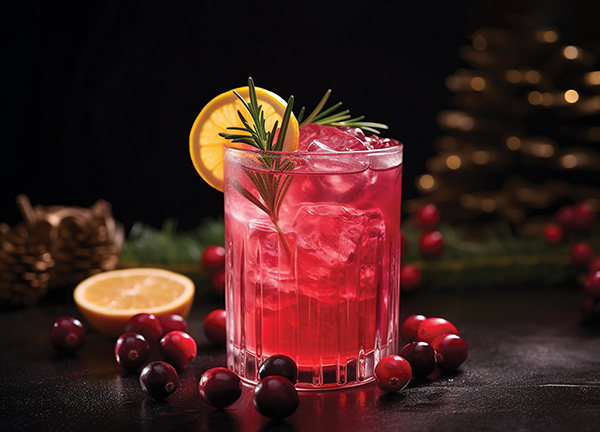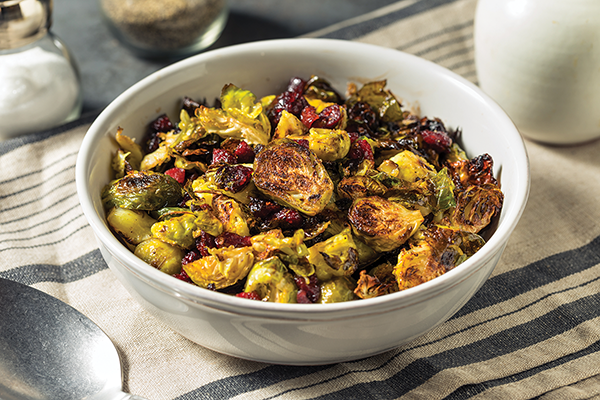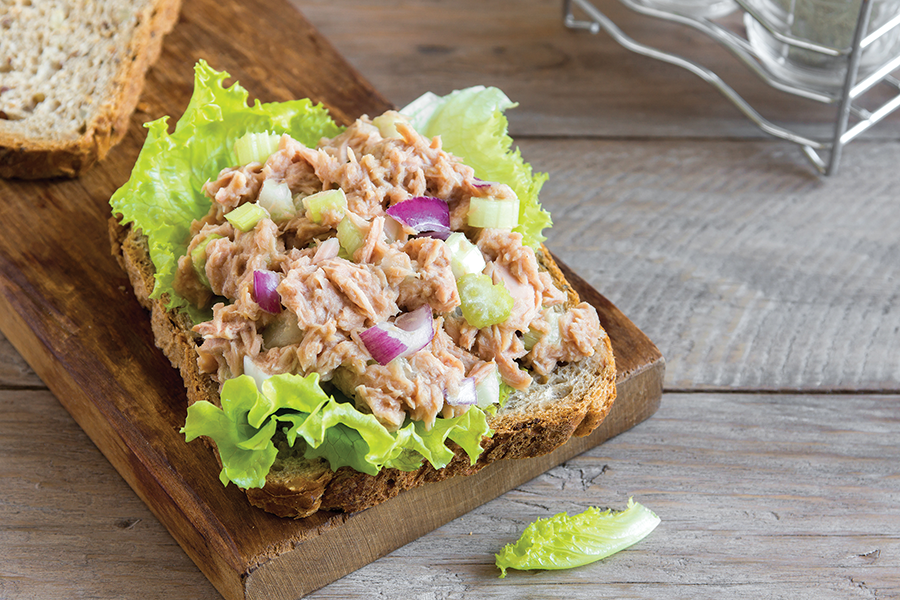Probiotics are receiving a lot of attention from the media, and for good reason. While more research is needed to better understand the benefits of probiotics, these supplements have shown efficacy as additive treatments for GI conditions, such as irritable bowel syndrome. It’s important to remember that colonizing the gut with healthy bacteria won’t do anything if you aren’t also providing fuel for maximum microbial activity—that’s where prebiotics come in.
WHAT IS A PREBIOTIC?
According to an article published in Nutrients,1 all prebiotics are fiber, but not all fiber is prebiotic. In order for a fiber to be classified as prebiotic, it must 1) move unaffected through the upper gastrointestinal tract and reach the colon unchanged; 2) be fermented by the microbes in the colon; and 3) stimulate the activity and growth of intestinal bacteria that is associated with improved health.1
WHOLE-FOOD SOURCES OF PREBIOTICS.
In prebiotic-enriched food products, manufacturers will add processed, isolated forms of prebiotic fiber, such as inulin or chicory root, to entice health-conscious consumers. However, these enriched, processed snacks can contain refined sugars, flours, and fat. You can avoid these additives by sticking to whole foods. You can easily find prebiotic fiber in its original packaging, along with all the nutrients it was designed to be eaten with, in the form of fruits, vegetables, and whole grains. The prebiotics and their food sources below have each demonstrated the ability to promote beneficial microbial activity in the gut.





